Pregnancy is the one time in your life when you’re eating habits directly affect another person. During this phase, you are usually more vigilant about your prenatal care, and rightly so. Understanding from the start what works best for you and the baby at different stages ensures a healthy pregnancy.
Eating a wholesome nutritious diet can be one of the greatest gifts you give to your developing baby. It's also a good idea to take prenatal vitamins to help bridge any nutritional gaps in your diet, allowing you to support the baby’s growth by meeting their nutrient needs.
Providing your own body with a tasty blend of nutritious foods along with prenatal vitamins can keep you feeling healthy during pregnancy, and pave the way for an easier labour. It can also help to establish essential building blocks of growth and overall health for your child.
Failing to provide the necessary nutrients to the unborn child can lead to health risks such as anemia and birth effects and affect the baby’s overall health. So, in case you want to learn about prenatal vitamins and their importance during pregnancy, you are in the right place.
What are Prenatal Vitamins?
Prenatal vitamins are multivitamins and supplements consisting of the vital vitamins & minerals necessary for pregnant women to fulfil the increased nutrient requirements. These are specially formulated for the healthy development of the baby inside your womb.
Women can start taking prenatal vitamins before beginning their pregnancy journey or during pregnancy. These prenatal vitamins are available in pills, liquid, capsules or gummies form etc.
Don’t confuse these as a substitute for a healthy diet. During pregnancy, all the nutrients and minerals you get through food go to the baby. So, a healthy diet is a must at all times. Prenatal vitamins ensure there are adequate nutrients in your body all the time.
Now, let us discuss the five most important vitamins to take during pregnancy.
6 Vitamins Essential for Prenatal Care
1. Iron
Iron is an important nutrient that you need a lot more than usual during pregnancy. Your body requires iron to make haemoglobin for you and the baby. It is also responsible for transporting oxygen from your lungs to the rest of the body including your developing embryo through the placenta. Iron deficiency can lead to anemia, which is caused due to red blood cells & low haemoglobin levels, and may make you feeling more weak, dizzy & lethargic. Anemia during pregnancy can increase the risk of premature birth and low birth weight. To increase your intake of heme iron, you could add red meat, dark leafy greens, beans, etc. to your diet. Whereas your vitamin C sources like citrus fruits can enhance your absorption of non-heme iron.
2. B Vitamins
Vitamin B1, B2, B3, B9, and a handful of other B vitamins are essential for prenatal care. Thiamine (B1) has a key role to play in your baby’s brain development, whereas Niacin (B3) helps to improve your digestion and nutrient metabolism.
However, out of all B vitamins, Vitamin B9 - Folic acid is the most vital one to take during pregnancy. Folic acid naturally helps reduce the risk of your baby developing any birth defects such as spina bifida. You can increase the amount of folic acid in your body by adding oranges, grapefruit, broccoli, nuts, etc., to your diet.
3. Vitamin C
From boosting the immune system to contributing to the birth weight of the baby, vitamin C plays a huge role in prenatal care. It is a water-soluble vitamin that requires daily intake as your body can’t store it. Vitamin C is beneficial for tissue repair, bone growth, and wound healing.
You can increase your daily vitamin C intake by adding foods rich in vitamin C by adding foods as broccoli, kiwi, kale, grapefruit, tomatoes, etc., to your diet. However, you must consume the right amount of vitamin C you need every day during pregnancy as per your age.
4. Calcium & Vitamin D
Calcium is vital for the development of baby’s bones and teeth. Taking calcium during pregnancy can prevent a new mother from losing her own bone density as the foetus uses the mineral for bone growth.
Sources of calcium include milk, cheese, and yogurt, green leafy vegetables etc.
Vitamin D is an essential prenatal vitamin as it helps absorb calcium and contributes to the baby’s bones, heart, kidney, and teeth development. A pregnant woman must spend adequate time in the sun. So, the baby has enough vitamin D for the initial months after birth.
Since you can’t spend too much time in the sun without covering up your skin, especially during summers, you could add some food rich in vitamin D to your diet. Red meat, eggs, fishes, and mushrooms are some foods you can have to increase your Vitamin D intake.
5. Docosahexaenoic acid (DHA)
Docosahexaenoic acid (DHA) is an omega-3 fatty acid that plays a critical role in every cell in your body. DHA during pregnancy helps support the following in a growing baby:
-
nervous system development
-
DHA is found in fatty fishes like Salmon, Mackerel, Herrings, Sardines etc,
6. Vitamin E
This fat-soluble vitamin is important during pregnancy since it protects the cells and prevents your developing baby from free radicals. It also helps form red blood cells (RBC) and strengthen your immune system to fight against viruses and bacteria.
Furthermore, vitamin E helps enhance blood circulation in pregnant women. The improvement in the mother’s blood flow also increases the circulation in the placenta. That means that the baby is in a healthy environment with enough oxygen.
Can’t Get All the Vitamins you Need To Ensure Prenatal Care?
Pregnancy could be quite tiring adapting to the body changes, food cravings, and morning sickness, nausea and meet the increasing nutritional needs. And during all this chaos, it can be quite cumbersome to take multiple medications or figuring out the appropriate foods in the right amounts to ensure adequate nutrition. And this is when Slow Prenatal Capsules come into the picture.
Slow Prenatal Capsules from Wellbeing Nutrition is one of the most reliable and easiest ways to ensure vitamin intake during this crucial prenatal phase. These scientifically-developed multivitamins are essential for providing immune support, promoting bone health, healthy foetus development, along with DNA modulation and neural tube support.
Prenatal capsules are made using powerful nutriscience with fast-absorbing Vegan omega-3 with DHA from algal oil, and delayed-release plant-based multivitamin beadlets with important vitamins like B-complex, Iron, and Vitamin E in precise dosage. Each capsule is has ingredients that are easy to digest and is enhanced with mint to tackle the nausea, morning sickness and prevent medicinal aftertaste or burps.
What’s more, Slow Prenatal capsules are they are allergens-free, clinically proven, and ensure safe dosage. You can take these supplements with your meal daily for maternal and foetal health support.
Wrapping Up
Whether it is your first pregnancy or not, you can’t overlook prenatal care. You must know what you need during pregnancy to support your and your baby’s health. Carefully managing your vitamin intake during this time lets you prevent any health consequences now and in the future.
Find some of the essential vitamins you need for your prenatal care above. Along with these vitamins, effective supplements like the Slow prenatal capsules are also something you should consider for a healthy pregnancy. So, order yours now.
References
Pannia E, Cho CE, Kubant R, Sánchez-Hernández D, Huot PS, Harvey Anderson G. Role of maternal vitamins in programming health and chronic disease. Nutr Rev. 2016 Mar;74(3):166-80. doi: 10.1093/nutrit/nuv103. Epub 2016 Feb 16. Erratum in: Nutr Rev. 2016 Dec;74(12 ):785. PMID: 26883881; PMCID: PMC4892288. https://www.ncbi.nlm.nih.gov/pmc/articles/PMC4892288/
Oh C, Keats EC, Bhutta ZA. Vitamin and Mineral Supplementation During Pregnancy on Maternal, Birth, Child Health and Development Outcomes in Low- and Middle-Income Countries: A Systematic Review and Meta-Analysis. Nutrients. 2020 Feb 14;12(2):491. doi: 10.3390/nu12020491. PMID: 32075071; PMCID: PMC7071347. https://www.ncbi.nlm.nih.gov/pmc/articles/PMC7071347/
Jang W, Kim H, Lee BE, Chang N. Maternal fruit and vegetable or vitamin C consumption during pregnancy is associated with fetal growth and infant growth up to 6 months: results from the Korean Mothers and Children's Environmental Health (MOCEH) cohort study. Nutr J. 2018 Nov 12;17(1):105. doi: 10.1186/s12937-018-0410-6. PMID: 30419900; PMCID: PMC6231254. https://www.ncbi.nlm.nih.gov/pmc/articles/PMC6231254/
Khazai N, Judd SE, Tangpricha V. Calcium and vitamin D: skeletal and extraskeletal health. Curr Rheumatol Rep. 2008 Apr;10(2):110-7. doi: 10.1007/s11926-008-0020-y. PMID: 18460265; PMCID: PMC2669834. https://www.ncbi.nlm.nih.gov/pmc/articles/PMC2669834.
Lee GY, Han SN. The Role of Vitamin E in Immunity. Nutrients. 2018 Nov 1;10(11):1614. doi: 10.3390/nu10111614. PMID: 30388871; PMCID: PMC6266234. https://www.ncbi.nlm.nih.gov/pmc/articles/PMC6266234/
Butterworth CE Jr, Bendich A. Folic acid and the prevention of birth defects. Annu Rev Nutr. 1996;16:73-97. doi: 10.1146/annurev.nu.16.070196.000445. PMID: 8839920. https://pubmed.ncbi.nlm.nih.gov/8839920/















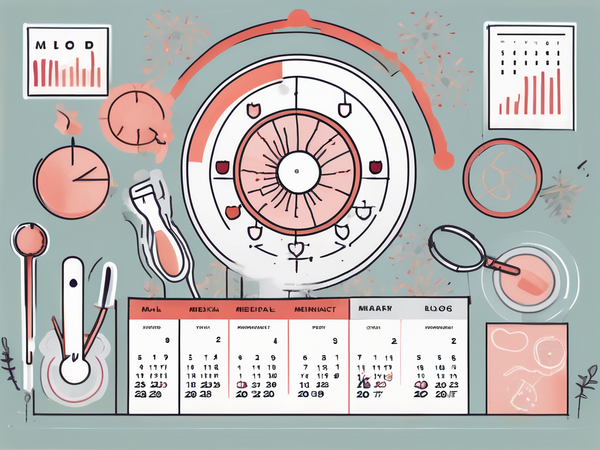
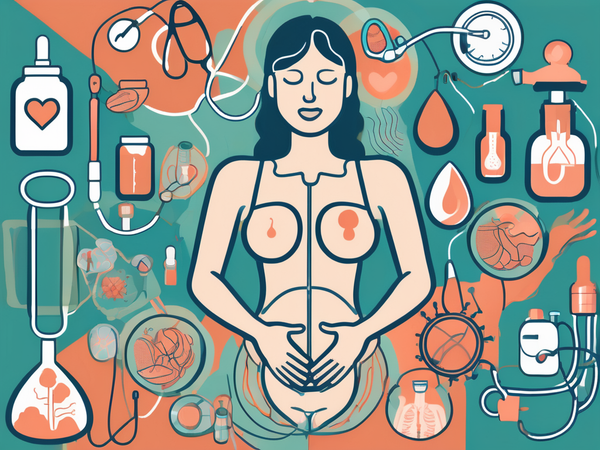

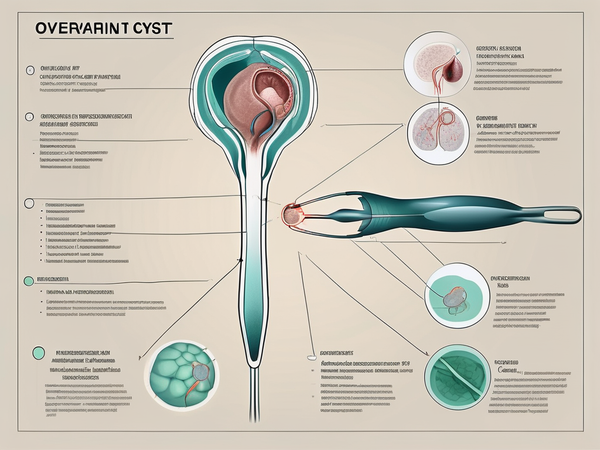
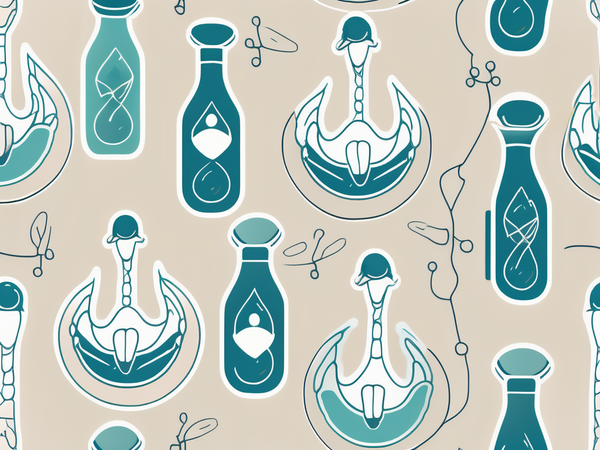
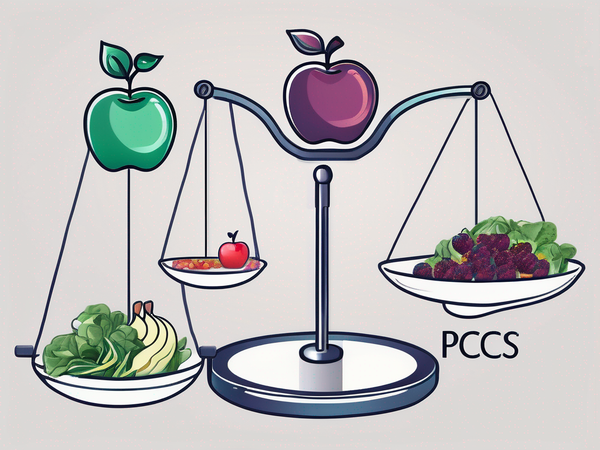






 DOWNLOAD NOW
DOWNLOAD NOW
